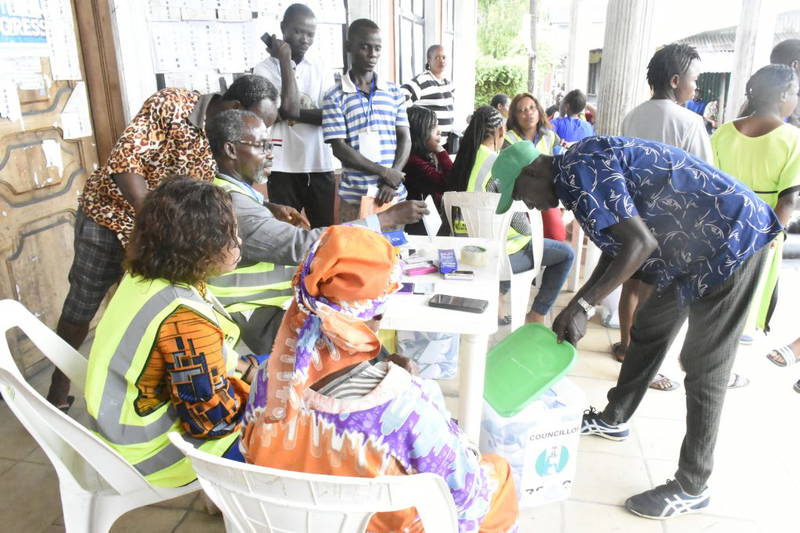
The groundwork for rigging Nigeria’s 2027 general elections is already underway, according to Prof. Adele Jinadu, a renowned political scientist.
Speaking at a policy dialogue in Abuja titled “State of Anti-Corruption Policy and Practice in Nigeria,” Prof. Jinadu alleged that political elites are compromising the integrity of the electoral process by appointing known party loyalists as commissioners of the Independent National Electoral Commission (INEC).
In his keynote address, the professor warned that the growing politicization of INEC appointments undermines public trust and the credibility of future elections. He emphasized that such actions risk turning the nation’s democratic process into a tool for perpetuating elite interests rather than reflecting the will of the people.
“The appointment of party members to oversee electoral processes is not only unethical but a deliberate attempt to sabotage free and fair elections,” Prof. Jinadu said. “This is the first step in an orchestrated plan to rig the 2027 elections.”
The allegations have reignited concerns over the independence of Nigeria’s electoral body. Civil society organizations and opposition parties have frequently raised alarms about partisan appointments, which they argue compromise INEC’s ability to conduct impartial elections.
Participants at the event echoed Prof. Jinadu’s concerns, calling for urgent reforms to insulate INEC from political interference. They warned that without decisive action, Nigeria risks sliding further into an era of manipulated elections and eroded public confidence in democratic governance.
As the 2027 elections approach, Prof. Jinadu urged stakeholders to prioritize the independence of electoral institutions and uphold the principles of democracy. He called on the Nigerian government to review recent appointments to INEC and ensure that only non-partisan, credible individuals are entrusted with the responsibility of managing elections.
The dialogue, attended by academics, civil society representatives, and policymakers, concluded with a consensus on the urgent need for transparency and accountability in Nigeria’s electoral processes. Participants also stressed the importance of sustained public vigilance to prevent the subversion of democracy.






